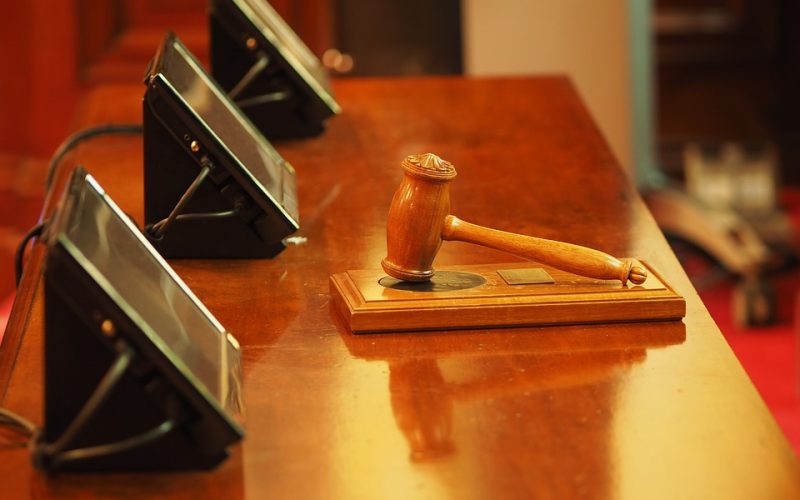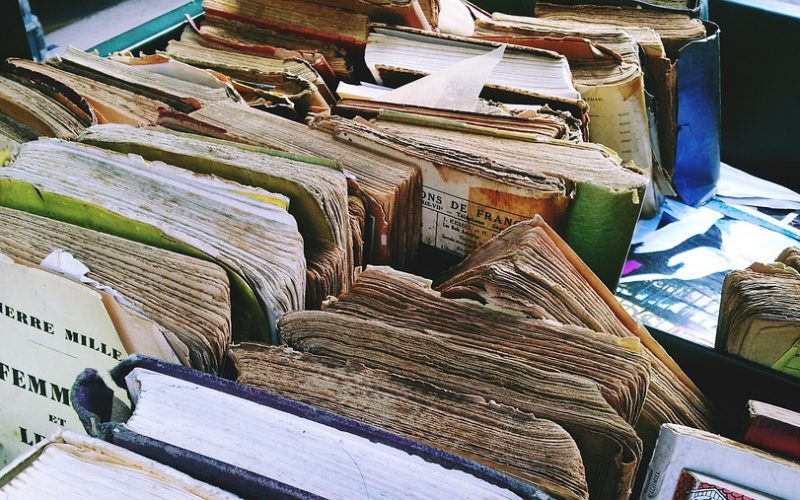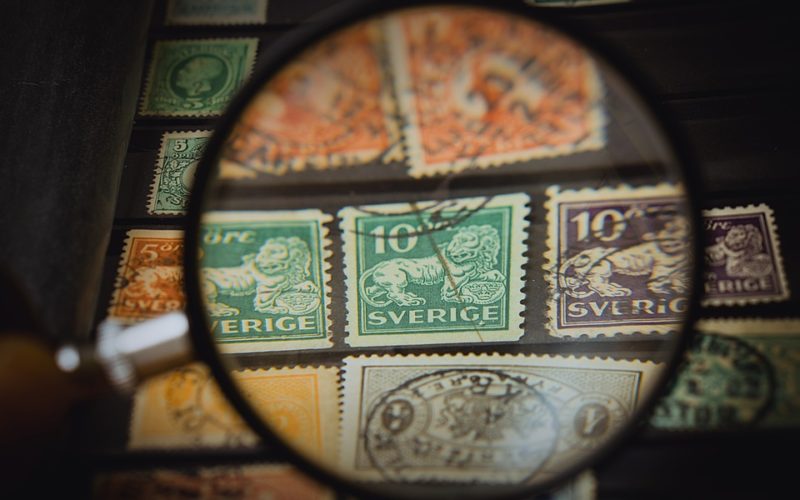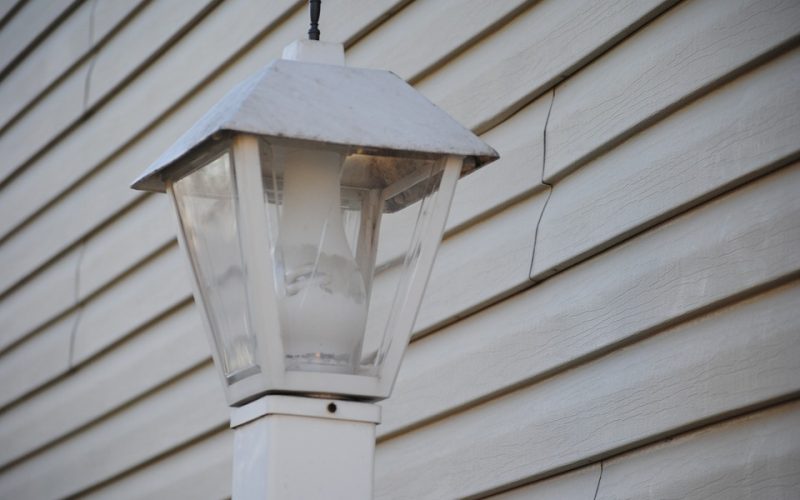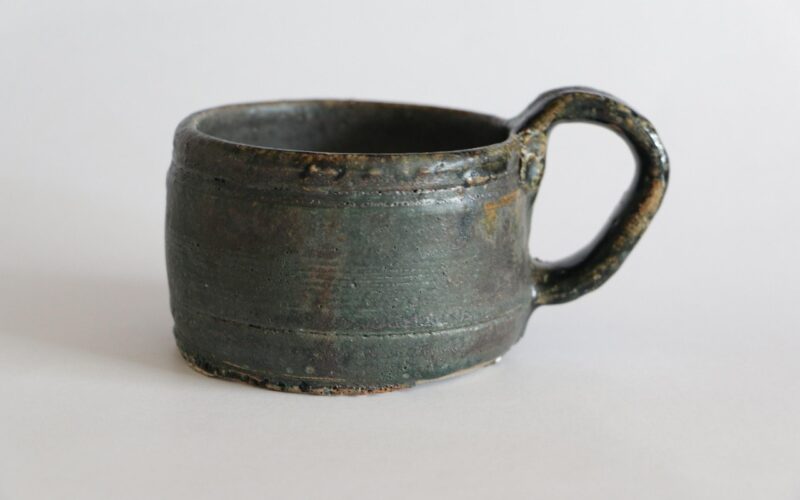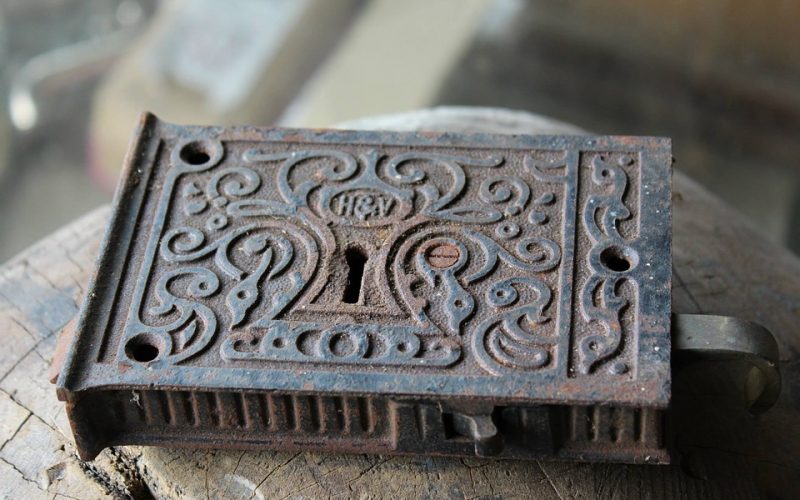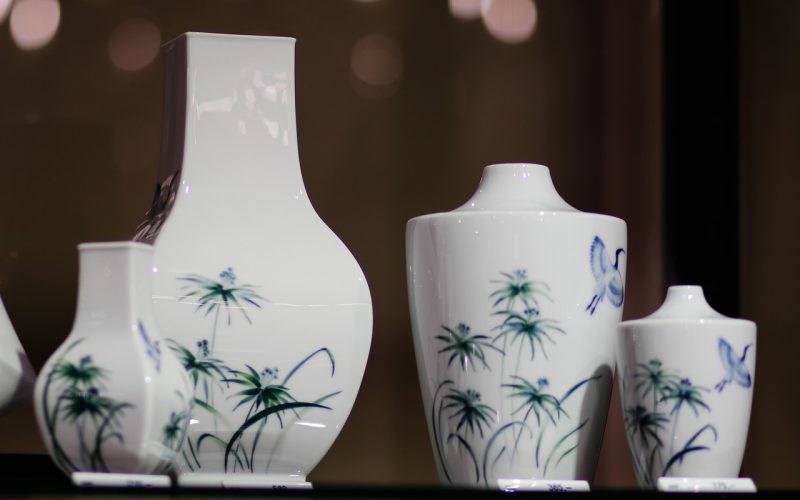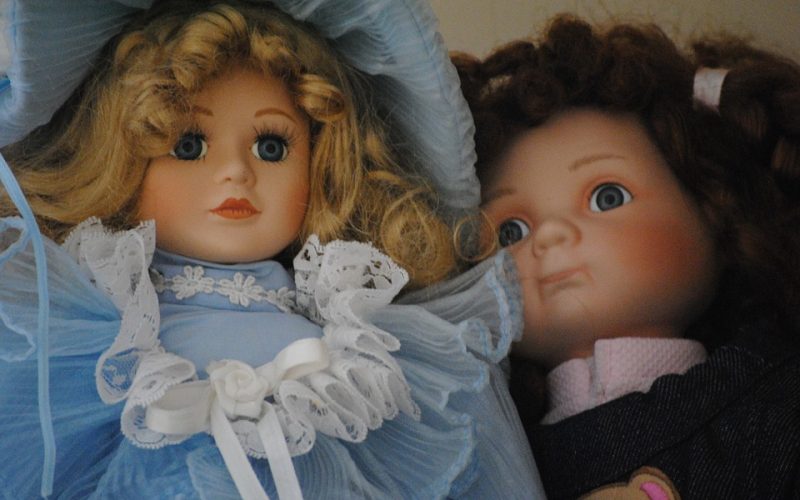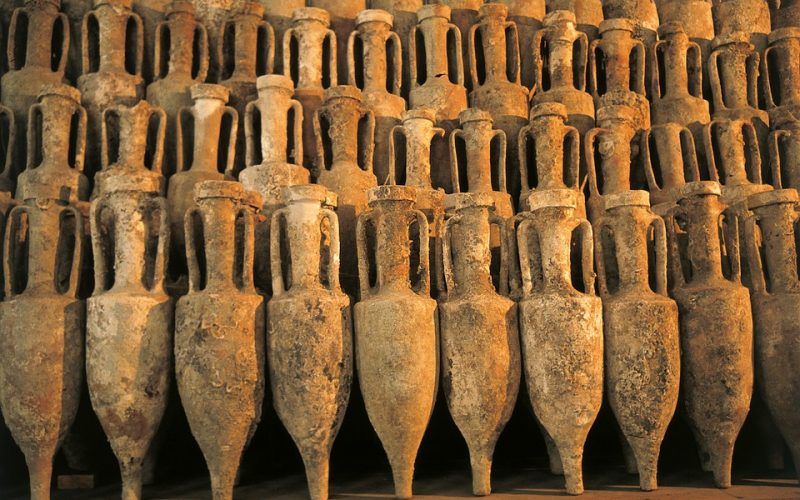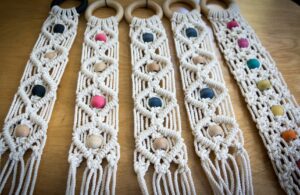Buying and selling antiques can be a harrowing experience. It is a confusing world for the person who may have inherited antiques and does not want them. Collectors have the burden of making sure they are buying quality pieces that are authentic. Each side in these business deals has to prove worth and authenticity of the item. The buyer will not get top price without proof of authenticity. The seller will not get full value for their money if the authentication process is flawed.
One of the best places where buyers and sellers can meet is at a reputable auction house. Many antique auction businesses either have in-house specialists or work with reputable authenticators. In either case, the piece will have a provenance and the seller will know the value of the piece they are buying. For the seller, authentication is only a slice of the value they receive from an auction house.
Collectors who buy antiques are often willing to go to great lengths to find the pieces they want. The search is not always successful. Many are willing to bid through auction houses because the auction organizers do the work of promoting and marketing for the sellers. They want a large and lively crowd of bidders whenever they hold an auction, so they make sure to get the word out to all the collectors they can reach.
Promotion for many auctions is generally done over several months. Famous auction houses have regular schedules for different types of auctions. They send catalogues of upcoming pieces to regular buyers. Smaller houses also use the same promotional techniques to garner the highest sales of their goods up for bid. The seller benefits immensely from these techniques, and the auction house will take a percentage from the sale of each item. This amount is taken out before the seller receives any payment for the sold antique item.
